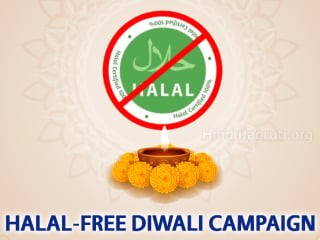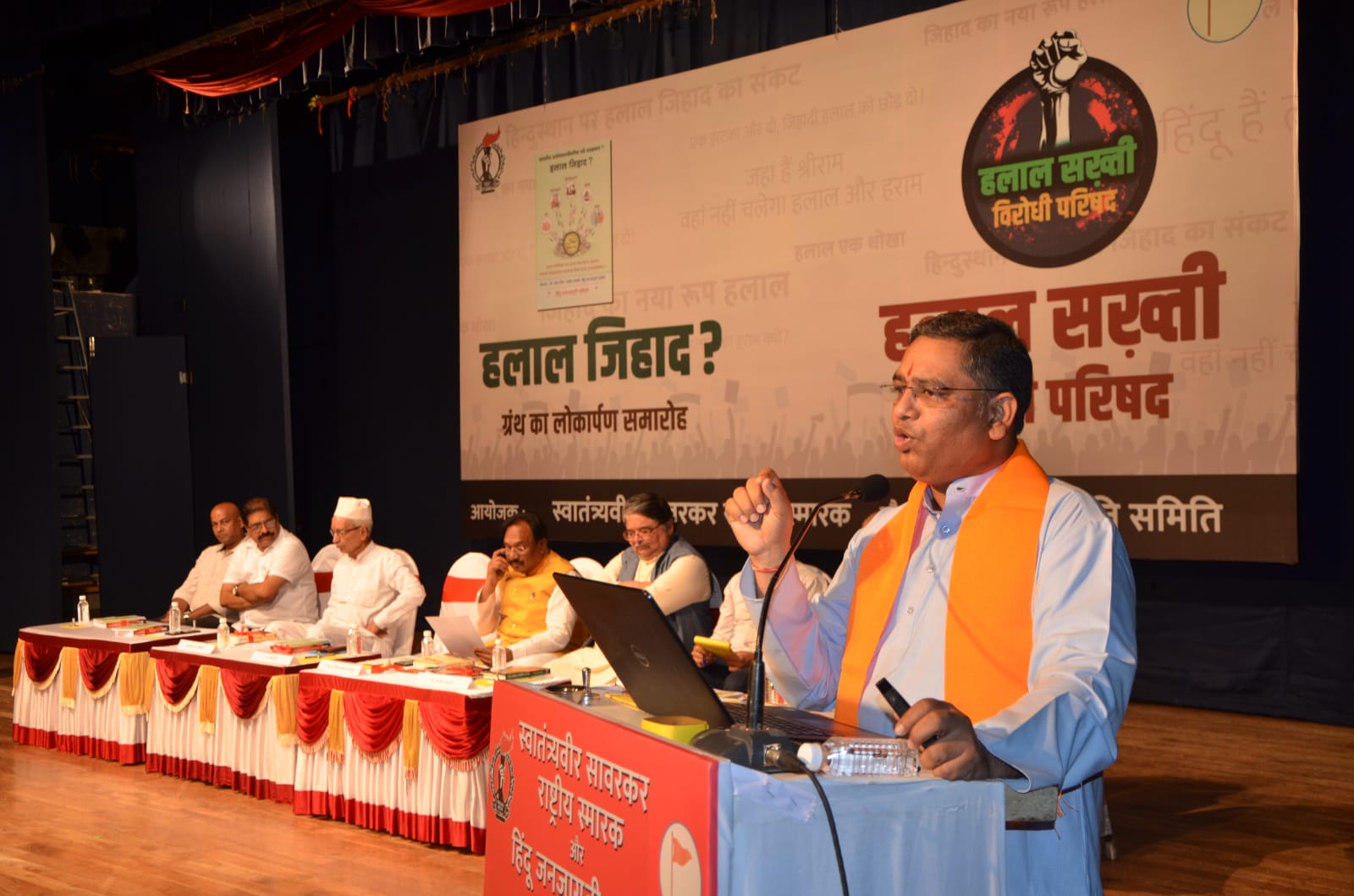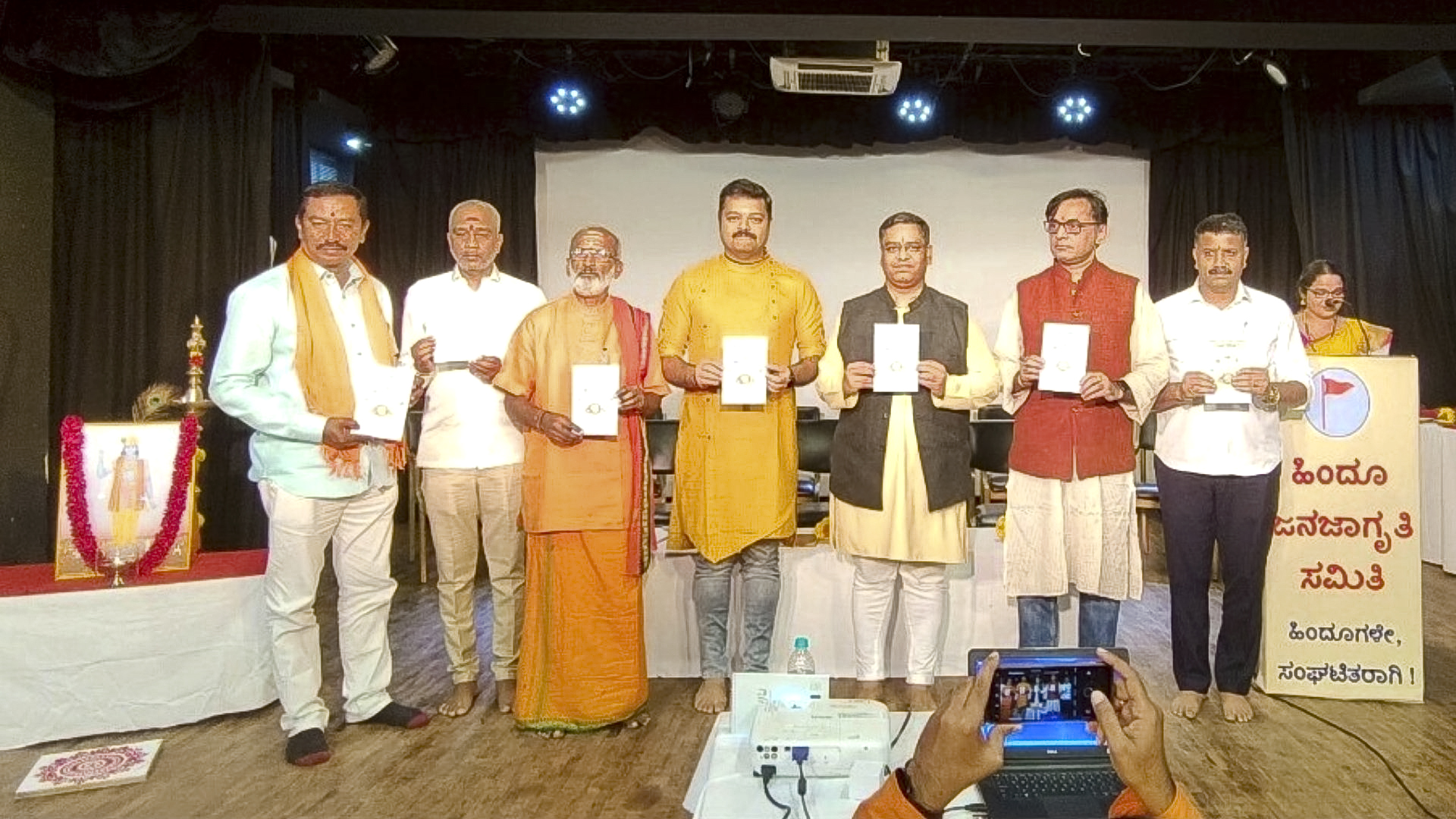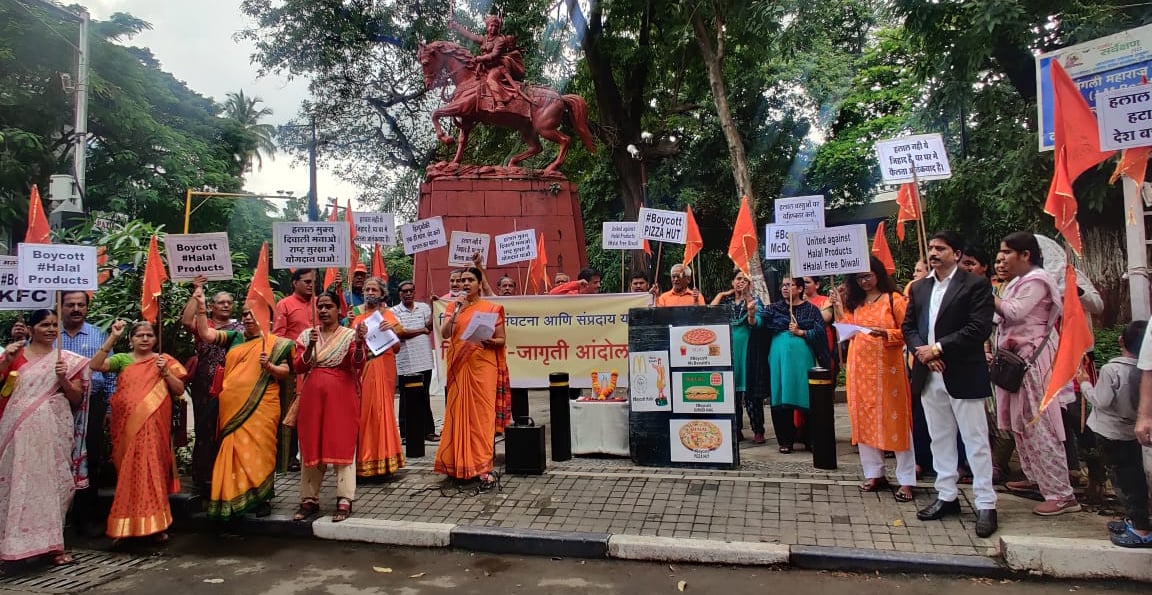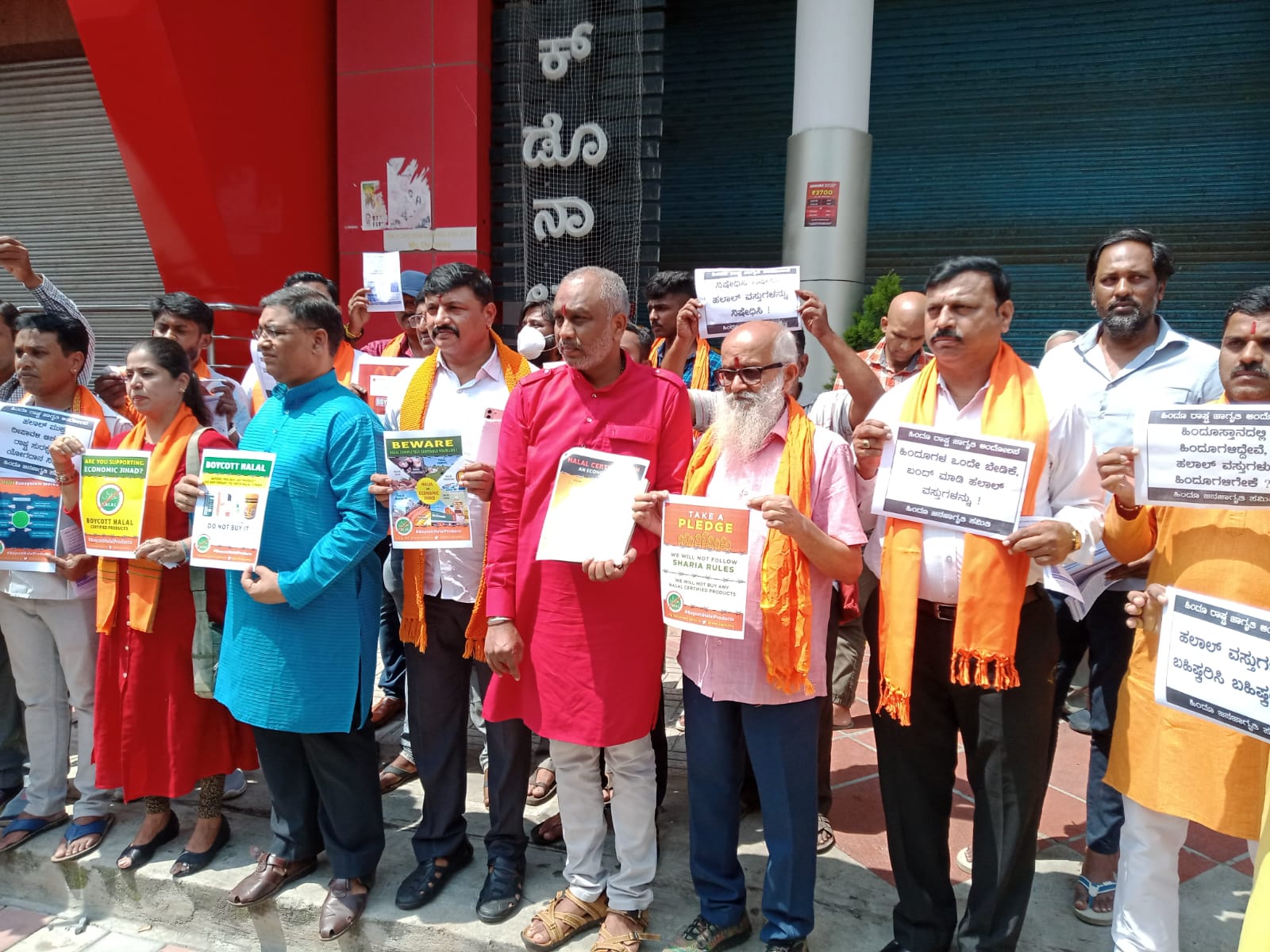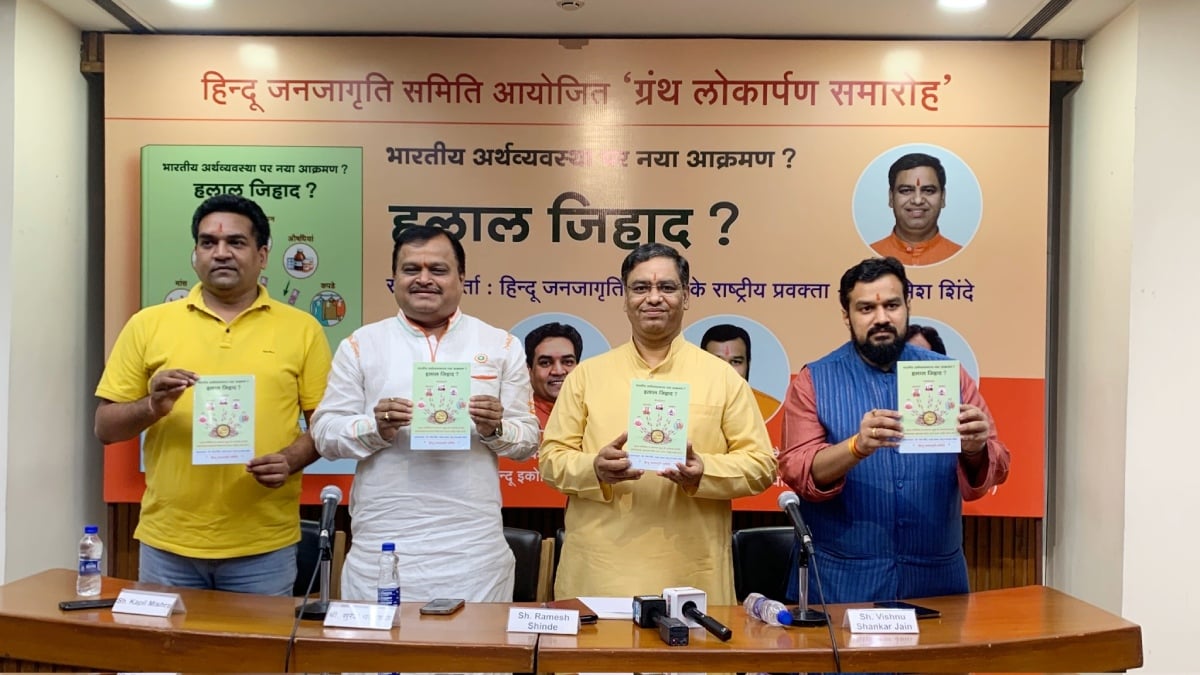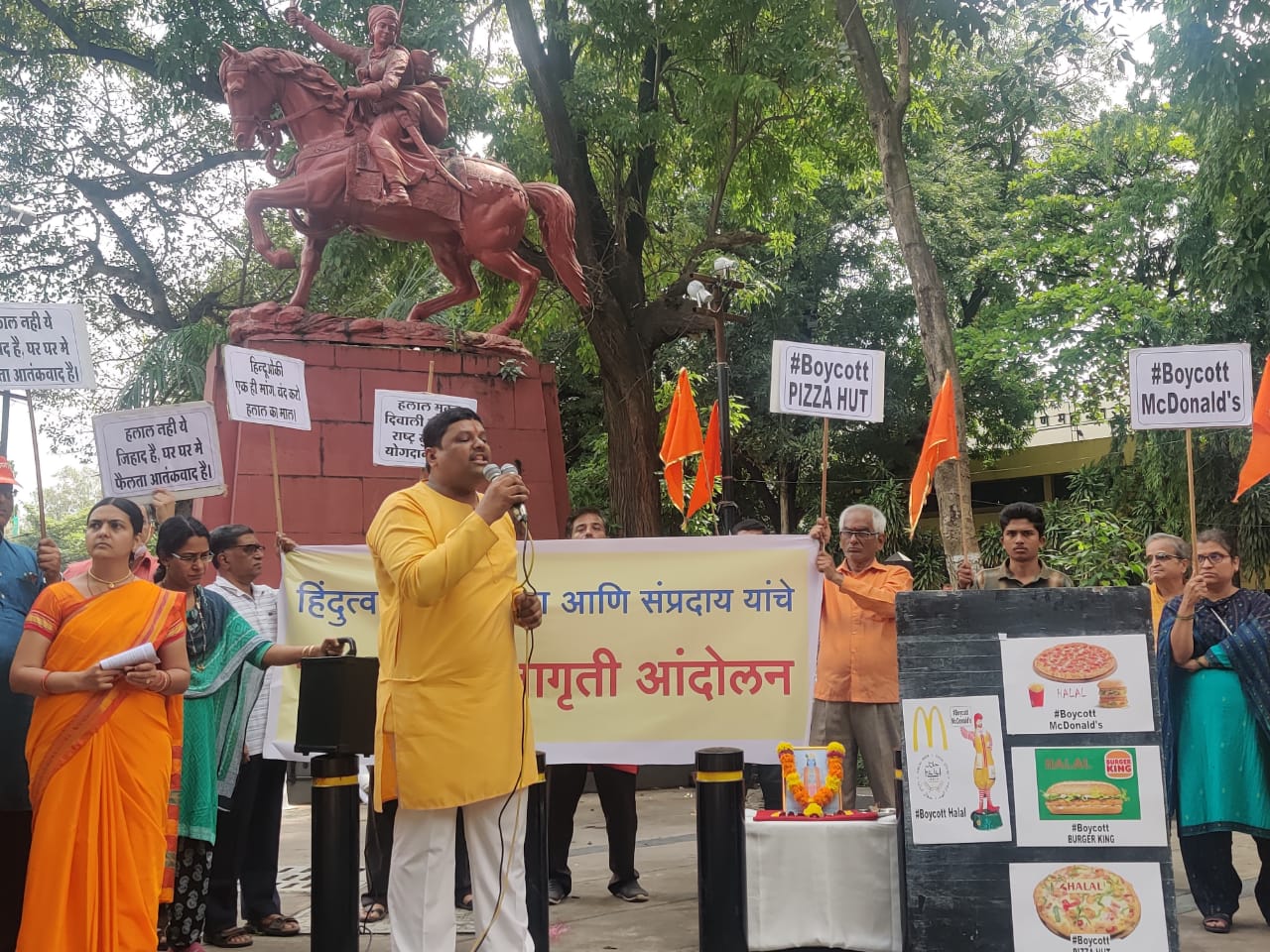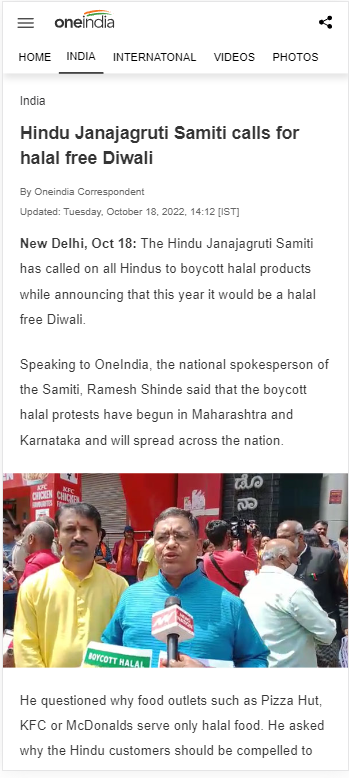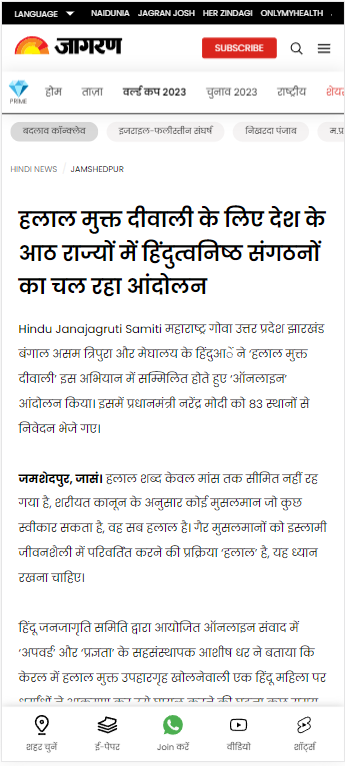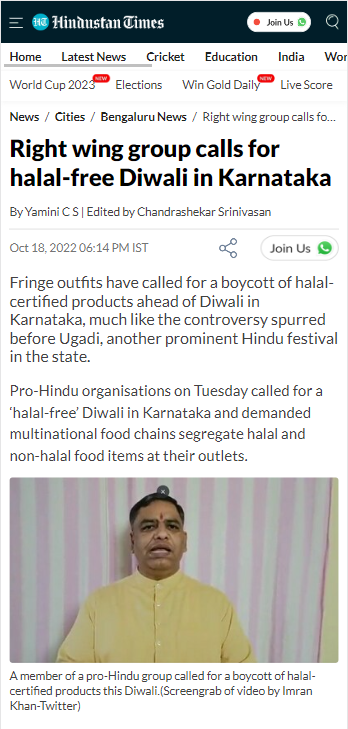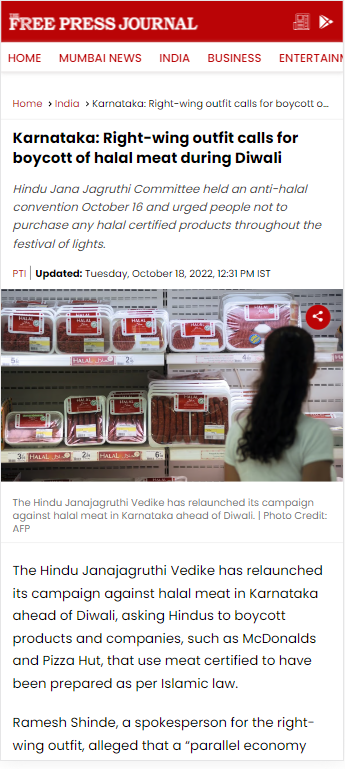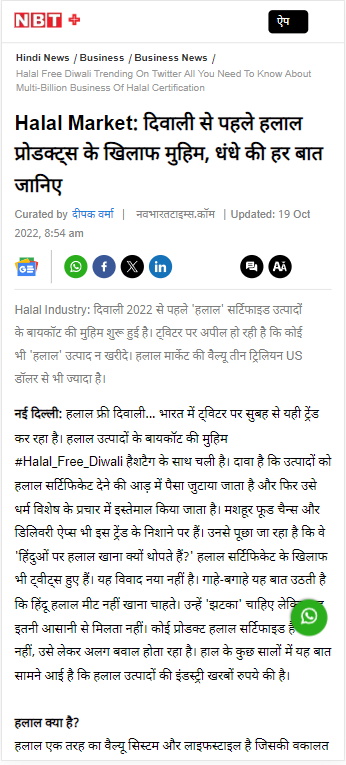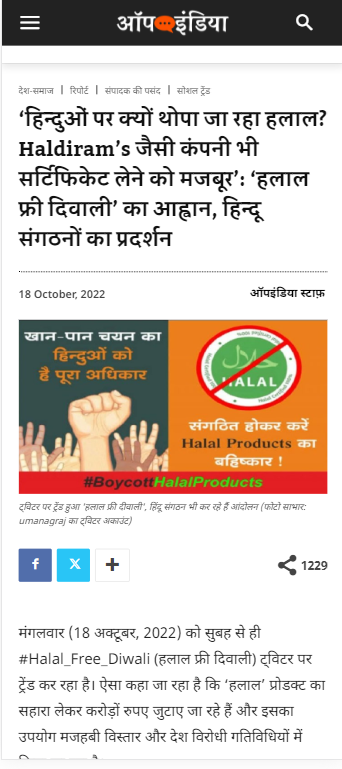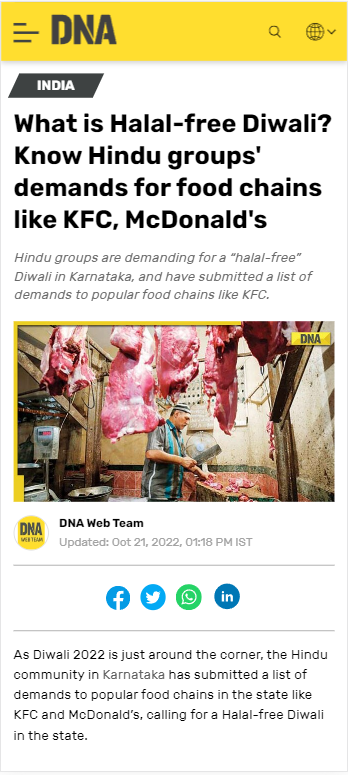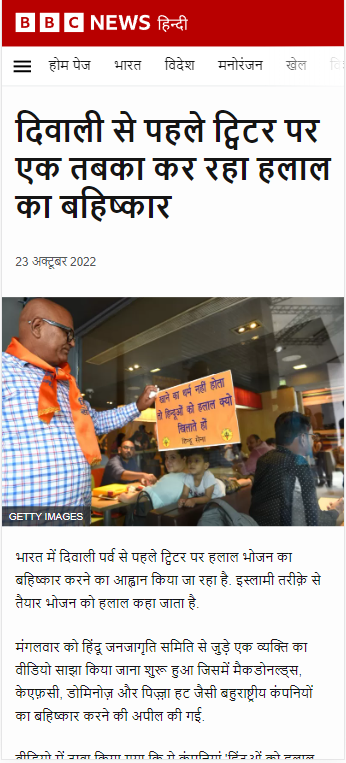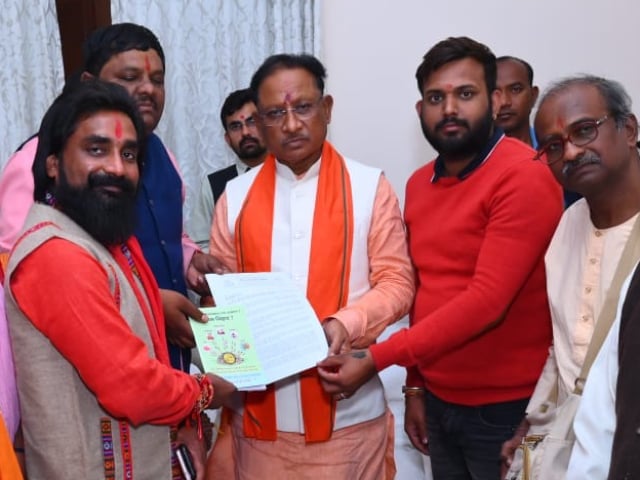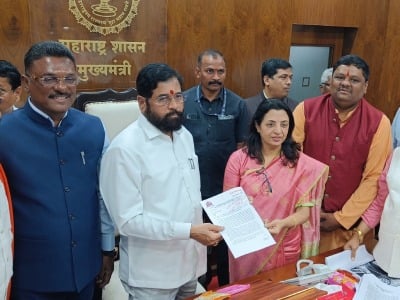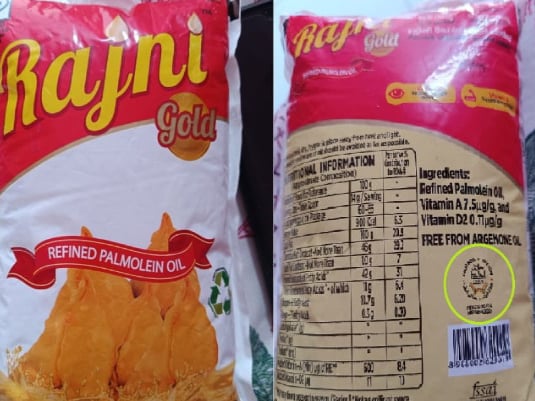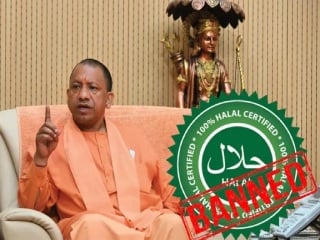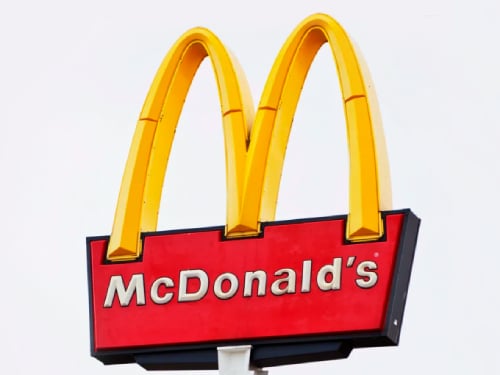
Halal Free Diwali
for a Halal Free India
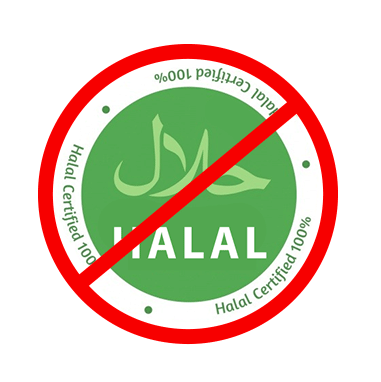
Halal Jihad is an economic war and it has silently become a significant crisis for Indians. Through Halal Jihad, anti-national forces have established a separate economy with the intention of converting India into an Islamic country. They seek to weaken the country by promoting a parallel economy alongside the established Indian economy. If the economy falls into the hands of jihadis who seek to destabilise the world, the consequences could be dire. Therefore, it is imperative to oppose Halal economy.
Hindu Janajagruti Samiti has spearheaded the movement against ‘Halal Jihad’ since 2019. The Samiti has been organising public lectures for businessmen, traders, and entrepreneurs, on Halal Jihad, who are now uniting and actively joining HJS’ drive against this economic jihad. The HJS has a simple demand, that the Government should immediately stop this system of ‘Halal’ certification. This demand should now resonate with every Hindu! Hindus should celebrate ‘Halal-free Diwali’ this year by keeping ‘Halal certified’ products out of our homes. Our goal should not only be a Halal-free Diwali but also a Halal-free India.

Take a Pledge…
I will not buy or gift Halal certified sweets, packed food, gifts and other products
I will create awareness among my family & friends on the dangers of Halal certification
I will ensure my money is utilised to sustain Hindu interests & not Halal certifying trusts
What you can do ?
Photo Gallery
Media Coverage
Do your bit for the Nation !
The Samiti’s book on Halal Jihad is a comprehensive study on how Halal economy is out to destabilise world economies. The truth will shock you!
Buy these books, sponsor them, and gift them to others too.
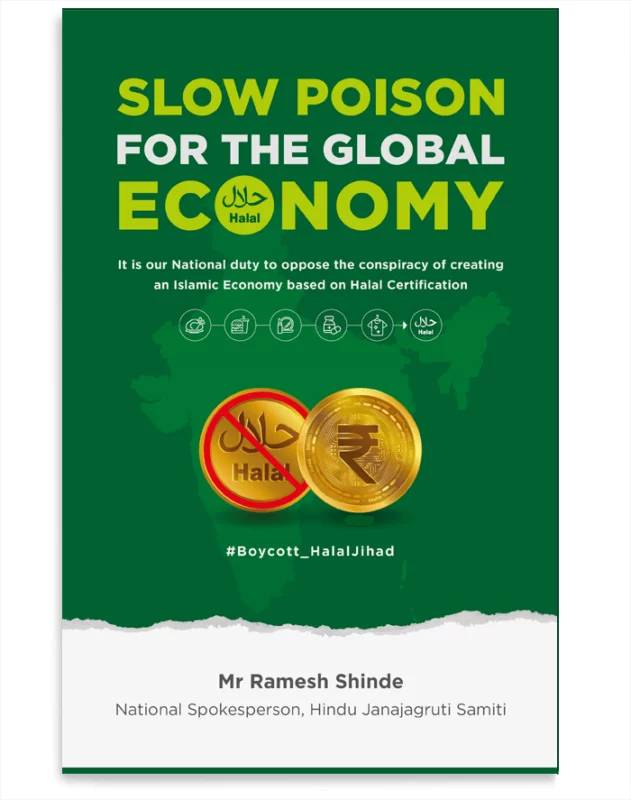
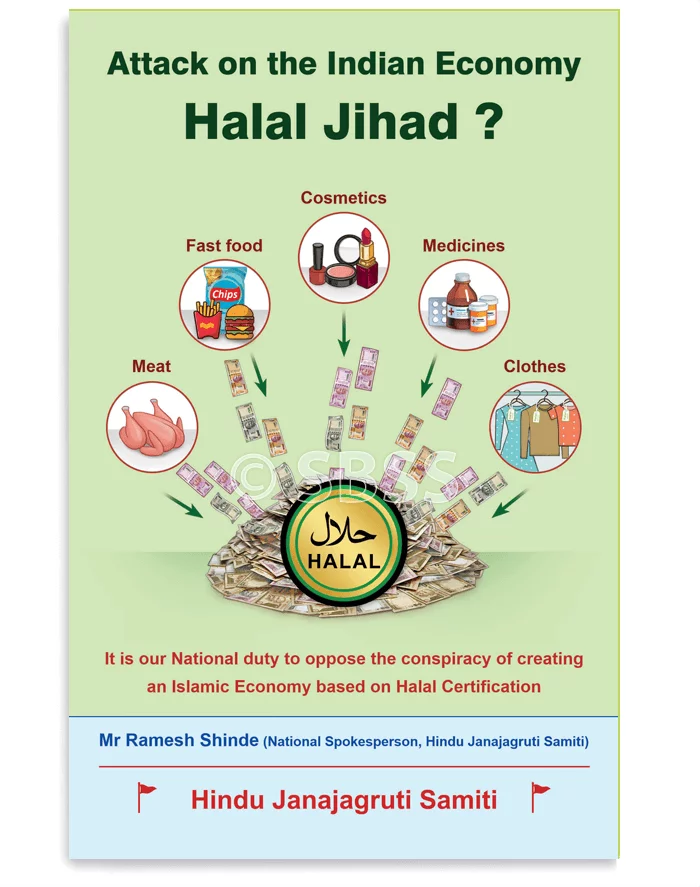
BEWARE !
HALAL COMPLETELY CONTROLS YOUR LIFE

HALAL MEAT

HALAL COSMETICS

HALAL MEDICINES
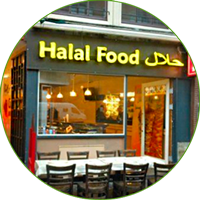
HALAL HOTEL

HALAL PROPERTY

HALAL FOOD
ANTI HALAL-IMPOSITION CAMPAIGN
Related News
HJS pays goodwill visit to former Home Minister of MP, Shri. Narottam Mishra
UP STF arrests Halal Council of India members for unauthorized Halal business
Demand to ban Halal products in Chhattisgarh; CM assures inquiry and appropriate action
Shiv Sena MLAs demand ban on Halal products in Maharashtra as done in UP
Palm oil pack given by the Maharashtra Government is Halal certified
Halal Ban in UP: ‘Halal certification marketing trick to boost sales, ban is right’
Halal Certification is nothing but jizya and should be banned nationwide ! – Mr Ramesh Shinde, Spokesperson, Hindu Janajagruti Samiti
Yogiji’s crackdown on Halal economy : Special dailogue hosted by Hindu Janajagruti Samiti The Uttar…

